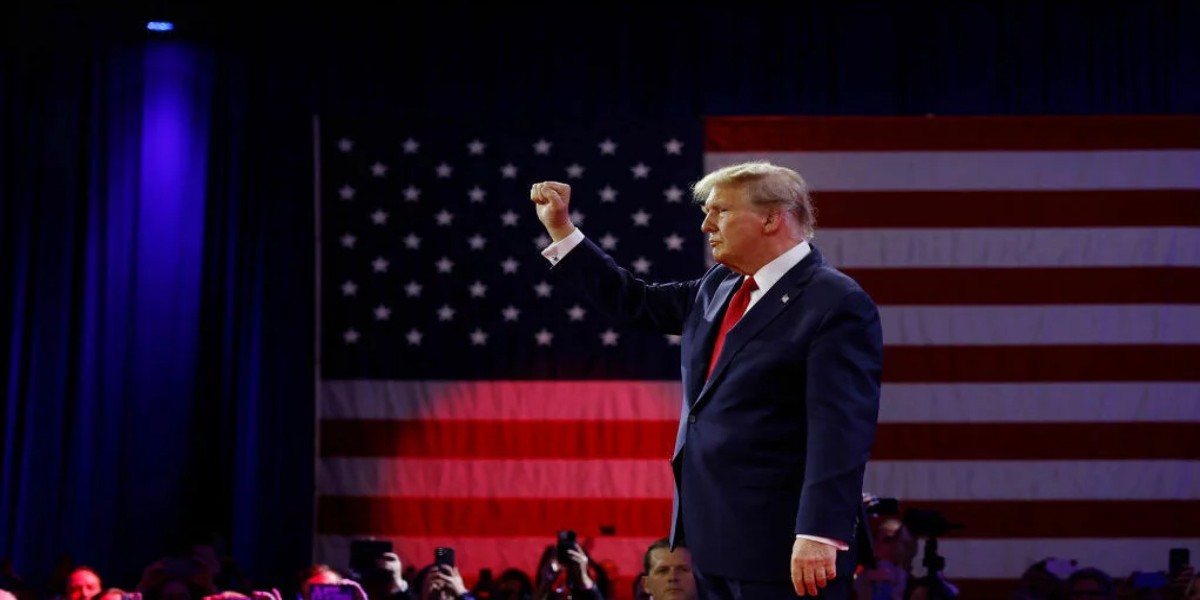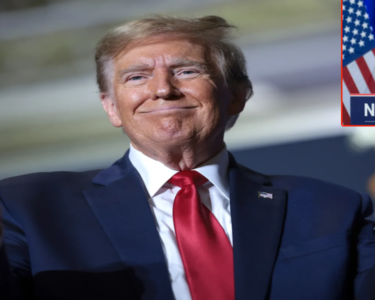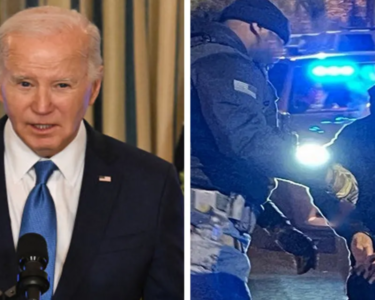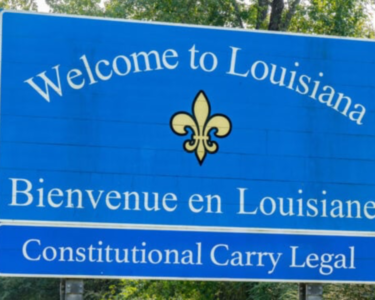Republican megadonors invest over $6 million to steer primary races away from controversial candidates.
As Super Tuesday primaries unfold, the Republican Party faces a critical juncture in shaping its future House leadership, amidst concerns over disruptive contenders and the specter of internal turmoil.
In a bid to secure a robust GOP campaign for House control in November and avert the chaos that has beset Congress, two super PACs, generously funded by Republican megadonors, have poured over $6 million into thwarting potentially troublesome candidates.
The stakes are high as five states cast ballots in over 100 House districts, a pivotal moment in pivotal races across North Carolina, Texas, and California, where even a handful of victories could sway the balance of power in Congress next year.
Many of the primary contests unfold in deep-red districts, offering a glimpse into the evolving landscape of the House GOP conference. The emergence of razor-thin margins underscores the far-reaching impact of new members beyond their individual districts.
While all contenders identify as conservatives with deep ties to former President Donald Trump, disparities in style and approach have sparked concerns among establishment Republicans, prompting concerted efforts to influence the outcome of primaries.
In North Carolina, the ballot features several familiar faces, including Mark Harris, whose prior victory in a swing seat was nullified due to election irregularities. Two prominent super PACs, Conservatives for American Excellence and America Leads Action, have collectively invested over $1.8 million to thwart Harris’ return to Congress, signaling resistance from the party establishment.
Similarly, in Texas, the 26th Congressional District sees Brandon Gill, endorsed by Trump and Senator Ted Cruz, facing significant opposition from establishment players. Super PACs have allocated substantial funds to counter Gill’s candidacy, reflecting anxieties about potential disruption in the House GOP ranks.
As the primary season unfolds, the Republican Party grapples with the challenge of ensuring a cohesive and effective leadership in Congress, navigating through a landscape marked by competing factions and divergent ideologies.
With the outcome of Super Tuesday primaries poised to shape the trajectory of the House GOP, the investments made by megadonors and the strategies employed by establishment forces underscore the intensity of the battle for control within the party.




